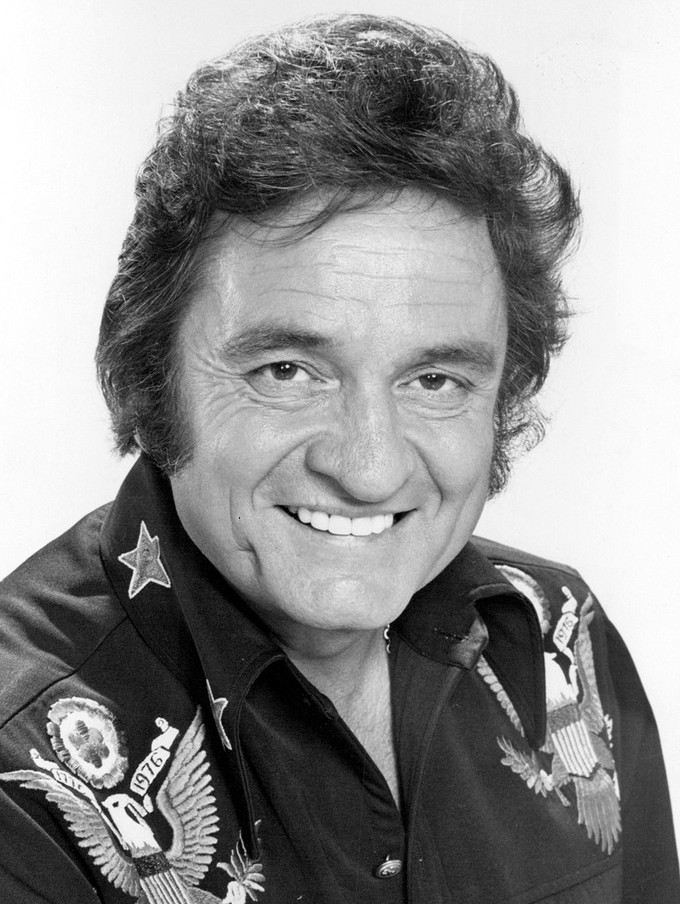Johnny Cash’s first single arrived like a simple threat and a promise: a brief, unadorned two-minute song that announced a new voice in American music and changed how people listened. “Cry! Cry! Cry!” was small, hard and unforgettable — and it began a career that would speak for the lonely and the wronged.
Recorded at Sun Records in Memphis, the song was not a grand statement. It was a young man’s attempt to be heard. Sam Phillips, Sun’s founder, nudged Cash toward something more commercial than gospel, and out of that nudge came a song that married heartbreak to a catchy rhythm. Its sound was raw — a mix of country, blues and early rockabilly — and it gave listeners the boom-chicka-boom pulse that would become Cash’s signature.
The lyrics are blunt and plain, the kind that lodge in the memory and refuse to leave. They speak to a simple human truth: betrayal is painful, but it can come back around.
“You’ll cry, cry, cry and you’ll cry alone / When everyone’s forgotten and you’re left on your own.” — Johnny Cash, singer-songwriter
The line cut through radio noise. It was not polished. It was honest. That honesty was the very thing older listeners still recognize when they hear Cash. The record climbed the country charts and reached No. 14, proof that something modest, sung with conviction, could find an audience fast. It set a template: short songs, direct words, and a voice that did not bother to be pretty.
Cash’s style at Sun was a perfect match for the era’s appetite for new sounds. He borrowed the drive of rockabilly, the sorrow of the blues, and the moral clarity of country storytelling. The result was music that older listeners could understand on first hearing. Lines about heartbreak and the idea of karma — that those who hurt will eventually be hurt — became recurring motifs in his work.
Musicians and music historians point to that first single as the moment a distinctive persona began to emerge. Cash would later be known as the Man in Black, an image he used to stand with the poor and the overlooked. The roots of that persona are audible in the simplicity and moral bite of “Cry! Cry! Cry!”.
“I wear the black for the poor and the beaten down.” — Johnny Cash, singer-songwriter
Beyond lyrics, it was the arrangement that mattered. A steady guitar beat, minimal frills and a voice that did not shy away from rough edges. In a time when polished crooners and carefully arranged records were common, Cash’s approach was almost confrontational in its plainness. That plainness made the record accessible to a broad audience — country fans, blues listeners and the new generation drawn to rock’s energy.
The consequences were immediate and long-lasting. The single helped establish Johnny Cash at Sun Records alongside names that would become legends. But Cash’s appeal was different from many of his label-mates. He was not the wild showman; he was the voice for those weathered by life. The song’s modest success paved the way for later classics, but it also stands on its own as a compact declaration of intent.
For listeners now in their 50s and older, the song recalls radios and jukeboxes and a period when words could land like a verdict. It matters because it shows how a tiny, fierce song can start a revolution in tone and attitude. The record’s spare honesty would ripple outward, influencing artists across genres and reminding people that music need not be ornate to be true. And while many songs followed — some louder, some grander — the first single kept a quiet power that still catches the throat and—
